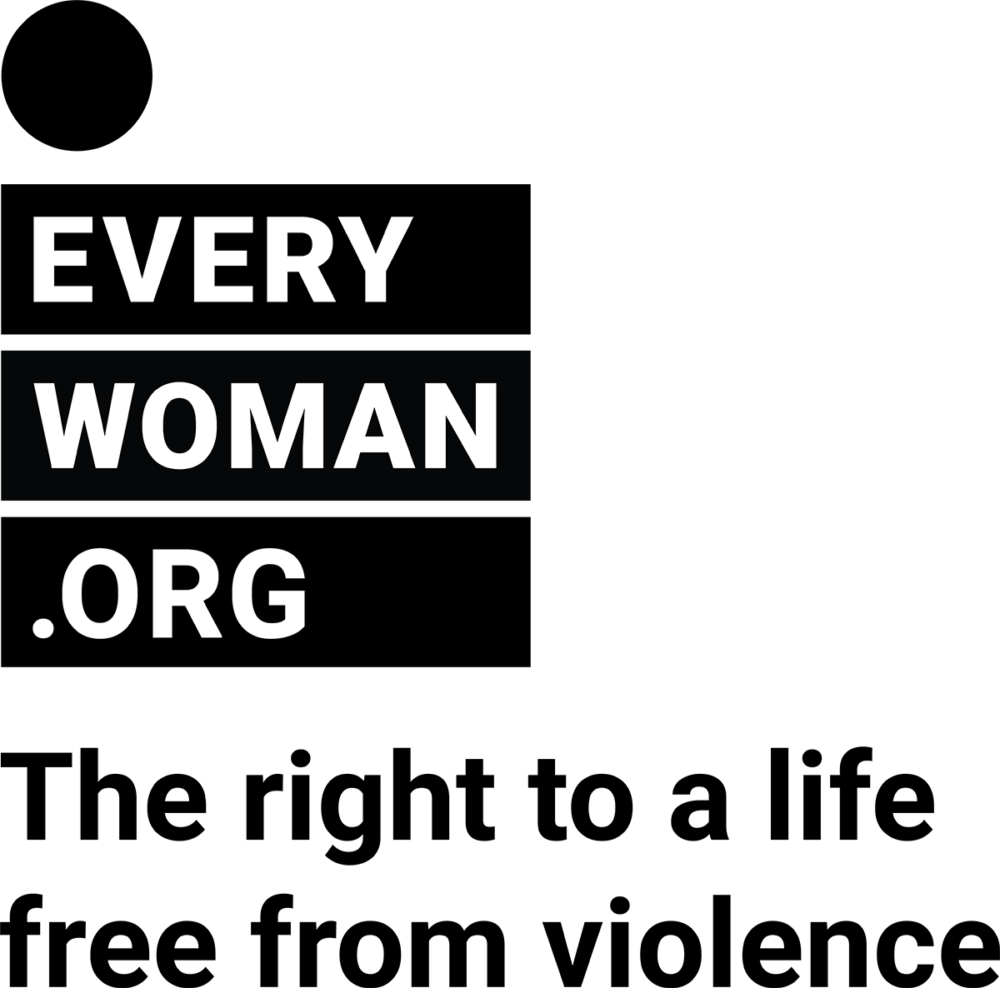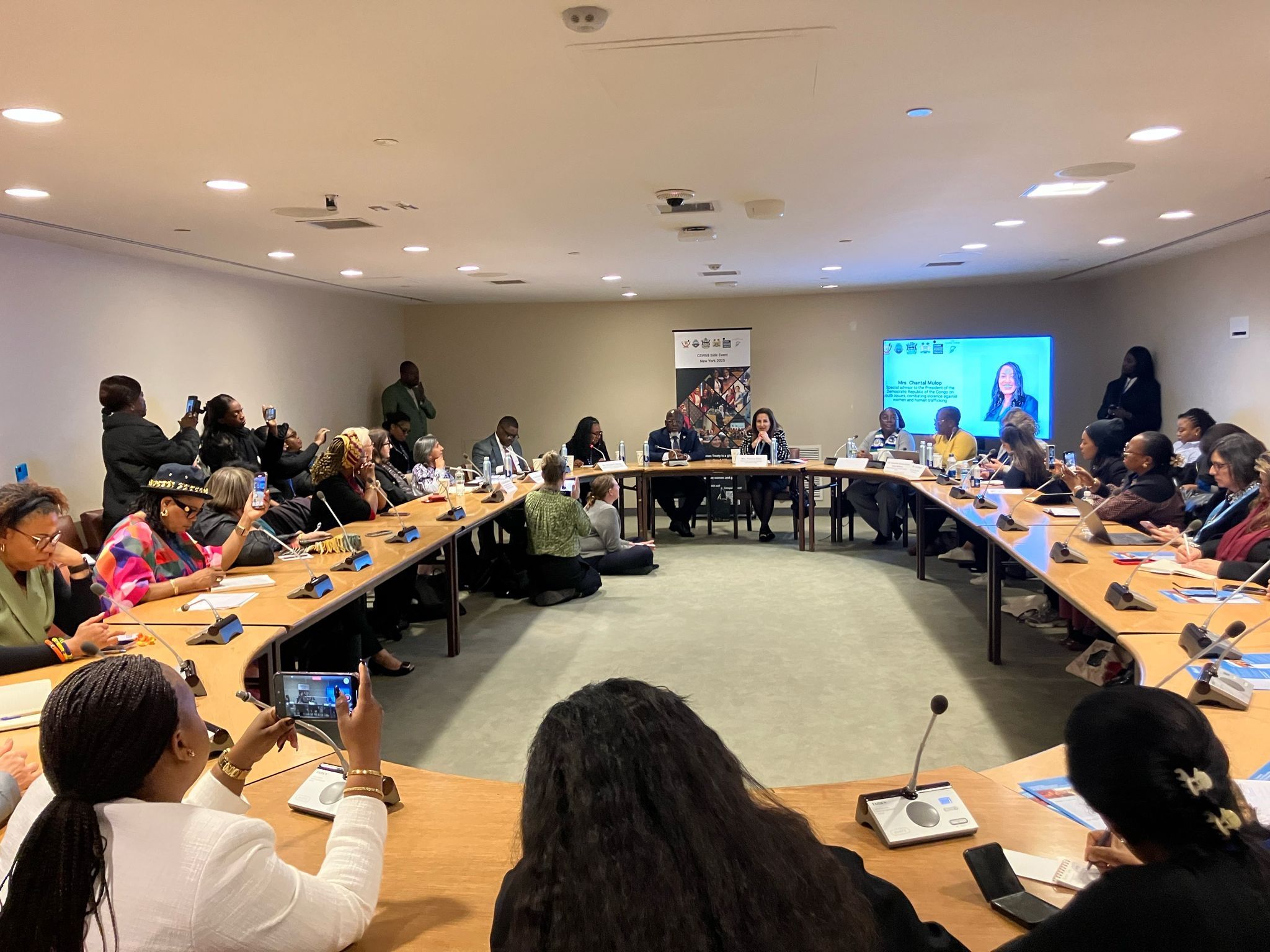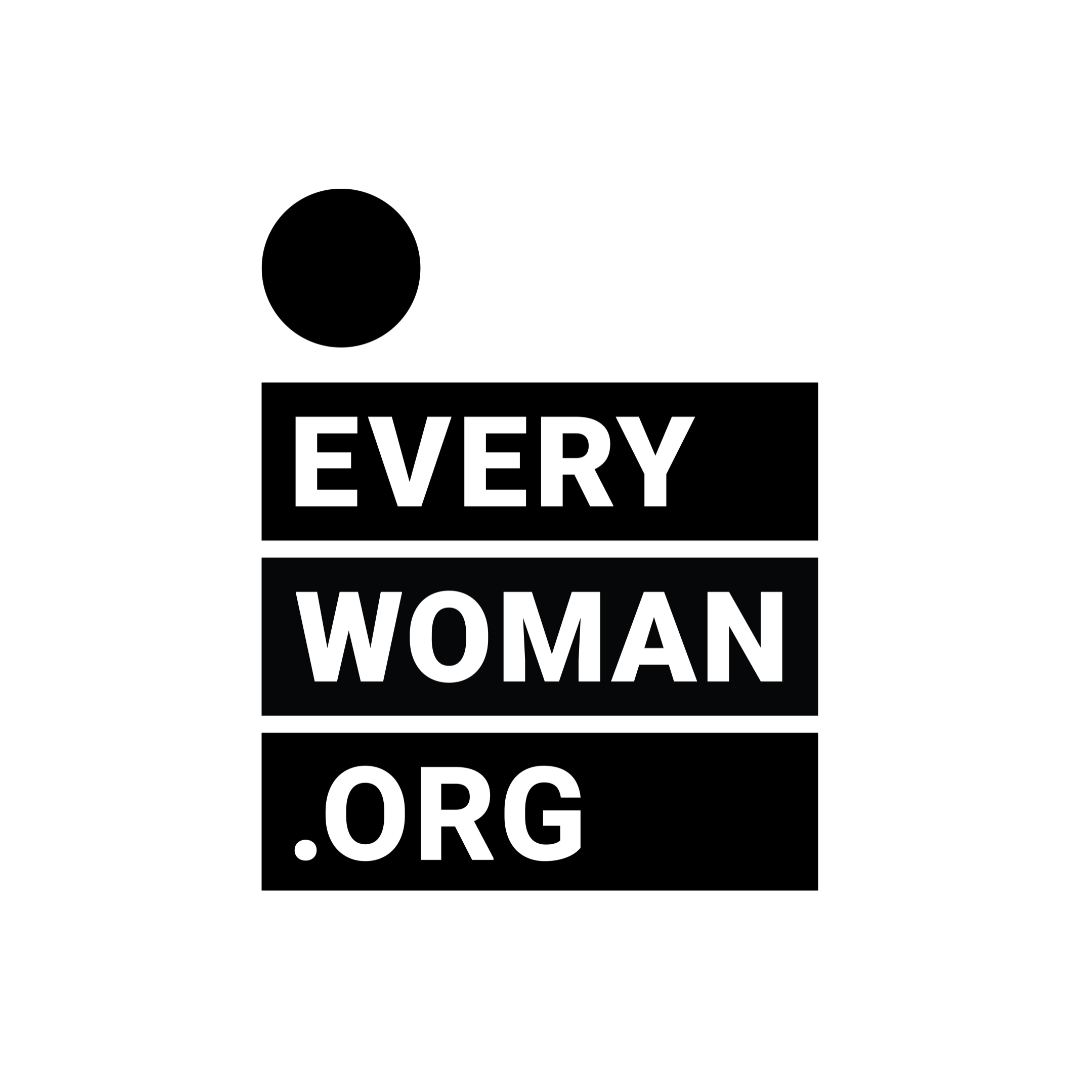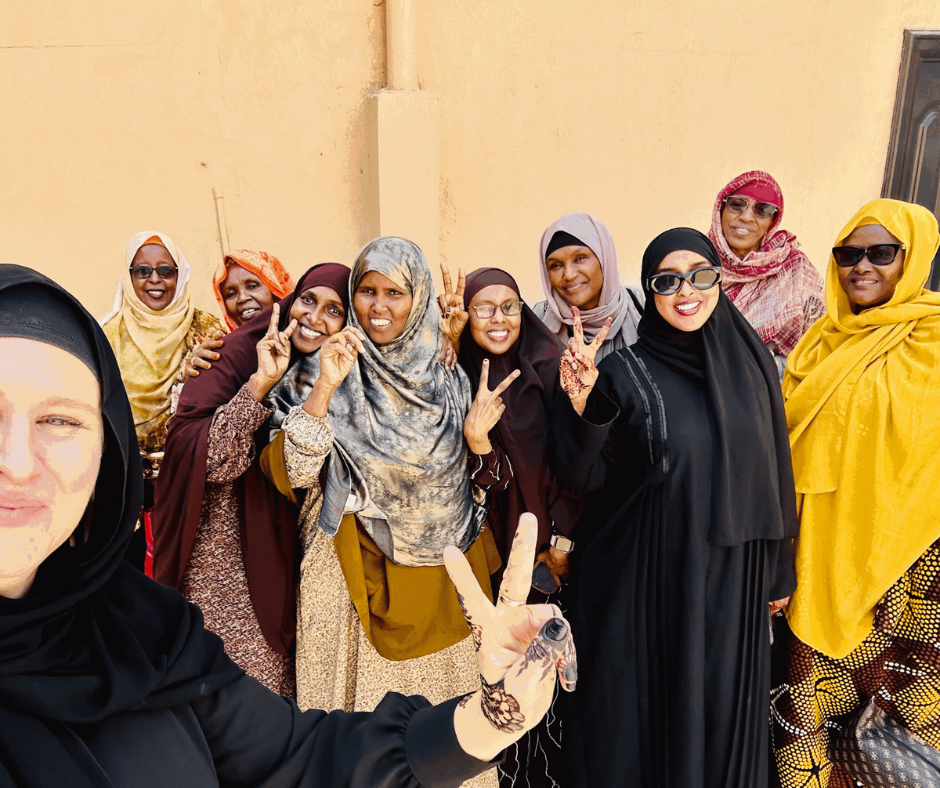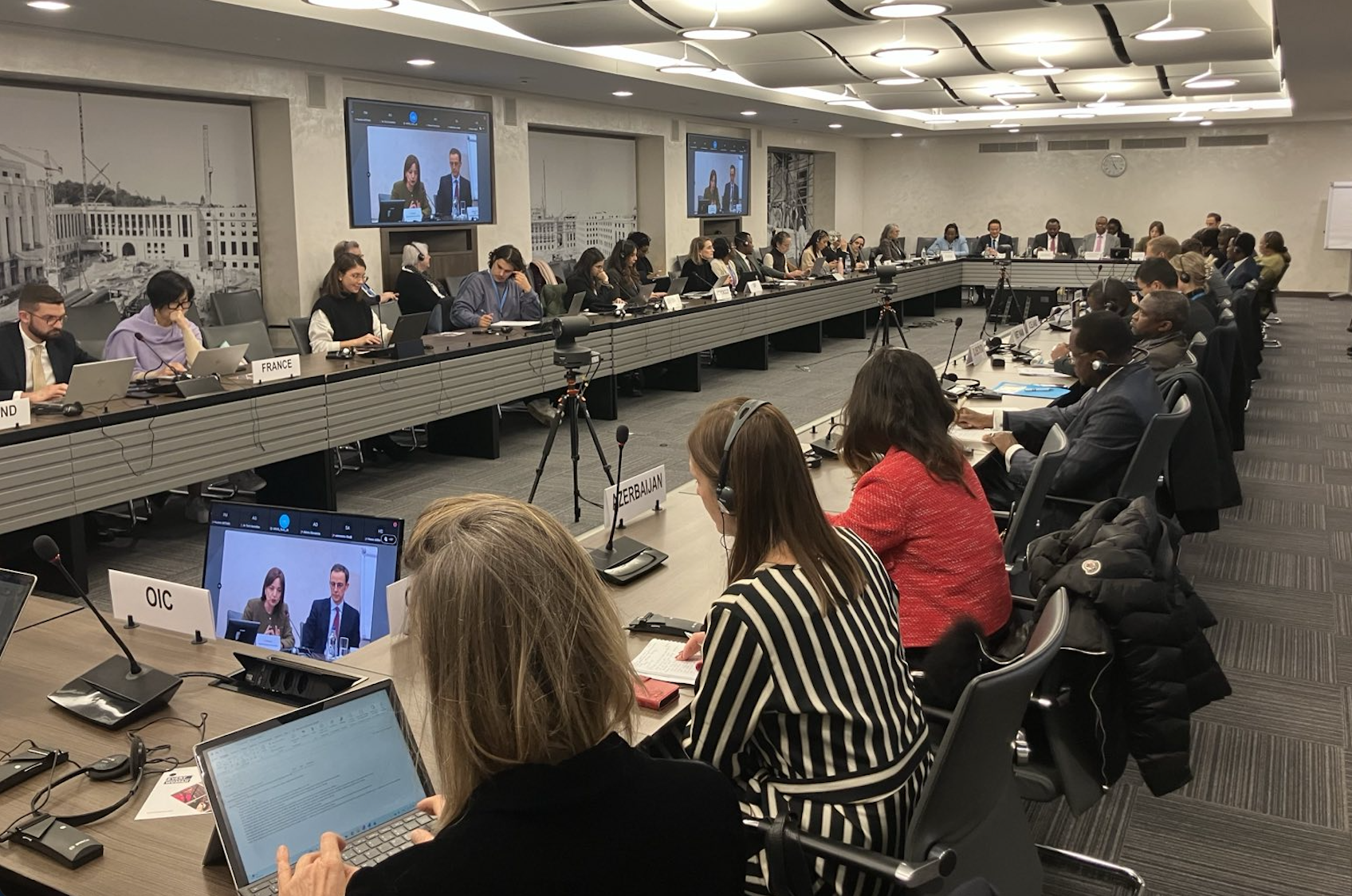New York, NY – Representatives of multiple nations and other key stakeholders gathered at our high-level side event at the 69th Session of the Commission on the Status of Women to discuss the need for a new Optional Protocol to CEDAW aimed at ending violence against women and girls. At a time when 1 in 4 nations has reported a rollback in women’s rights and women and girls are facing higher levels of discrimination and weaker legal protections, it was reaffirming to have nations stand with women and girls to explore a mechanism that can further women’s rights and accelerate gender equality.
Cohosted with the Core Group of Friends for a new Optional Protocol to CEDAW — the Democratic Republic of the Congo, Costa Rica, Sierra Leone, and Antigua and Barbuda — and The Carter Center, the keynote speaker, United Nations Special Rapporteur on violence against women and girls, its causes and consequences (SRVAWG) Ms. Reem Alsalem, made a powerful appeal on the need for a binding mechanism to address the scrouge of violence against women and girls, what it should include, and how we — nations and civil society — can accelerate its progress.
“[The optional protocol] is not a nice to have,” the Special Rapporteur emphasized via video. “Ending violence against women and girls is a moral and legal responsibility. It’s also necessary for a prosperous society. It’s necessary for world peace and for ending conflict. And by adopting this optional protocol, we are sending a message, namely that this is not a private matter, that it’s a priority, that women’s rights and girls’ rights are human rights.”
To move the process forward, she suggested nations draft a resolution and that a multistakeholder working group be established.
Speaking at the side event, former Special Rapporteur on violence against women and girls Professor Rashida Manjoo pointed out that “we are not starting from scratch. We have a range of frameworks that we can look at to develop this instrument.” Her recent academic article on closing the protection gap for women and girls includes an analysis of how the substantive optional protocols to existing human rights treaties were adopted, and insights from the process that can be applied to our efforts to create a new Optional Protocol to CEDAW on ending violence against women and girls. (Special thanks to Brill Publishing for making the full article available.)
The Commission on the Status of Women (CSW) is another possible avenue, added former Special Rapporteur on violence against women and girls Dr. Dubravka Šimonović. When it was established in 1946, it sent a clear message on the need for an intergovernmental body to promote equal rights between men and women and it developed the CEDAW convention, the current optional protocol to CEDAW, and the Declaration of the Elimination of Violence against Women. Its revitalization is important for women’s equality and a new Optional Protocol to CEDAW. (Read her forthcoming academic article, kindly made available by Boston University International Law Journal.)
The participation of the current and former SRVAWGs and the engagement of multiple nations underscored our belief that when we can and must come together and drive policies and action to further women’s rights and end violence against women and girls.
Special thanks to the Core Group of Friends for a New Optional Protocol to CEDAW and The Carter Center for cohosting this event and to the SRVAWG Ms. Reem Alsalem and two former SRVAW Prof. Rashida Manjoo and Dr. Dubravka Šimonović for their time and expertise.
